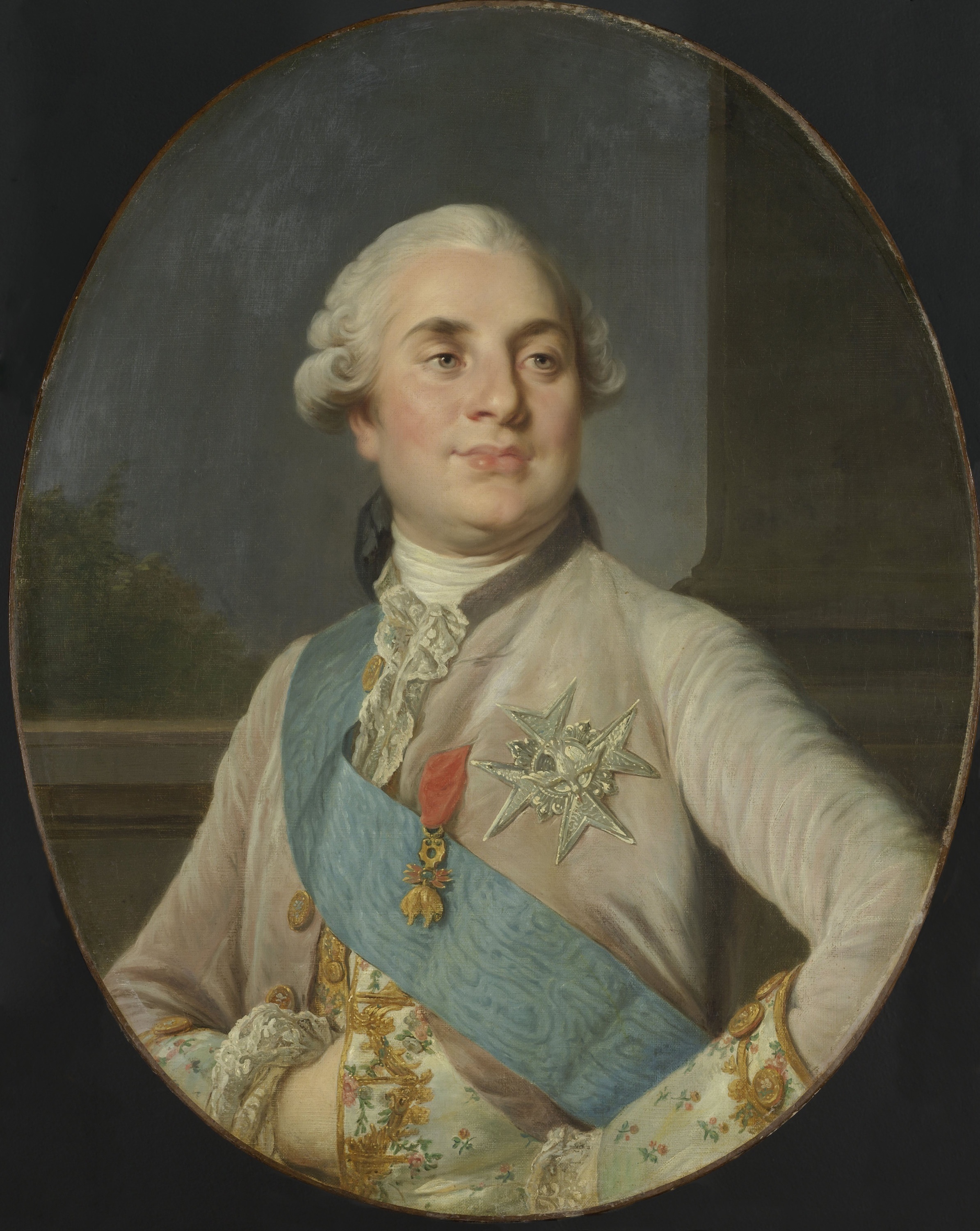Louis << LOO ee or lwee >> XVI (1754-1793) was king of France until he was overthrown by the French Revolution in 1792. He succeeded his grandfather Louis XV in 1774. He was a man of personal virtue and good intentions, but he was a weak ruler with average abilities. He was more interested in pursuing his own interests, such as hunting, than in managing public affairs. In 1770, he married Marie Antoinette of Austria. Louis often relied on her poor advice.

Louis was born in Versailles, France, on Aug. 23, 1754. When he became king, he made Robert Turgot minister of finance and promised to support him in dealing with the public debt. Turgot met opposition when he tried to abolish some of the privileges of the nobles and higher clergy, and Louis dismissed him in 1776. The king then turned to Jacques Necker and promised to support him. But the new minister ran into opposition from the queen and certain nobles when he tried to make reforms. He was forced to resign in 1781. By this time, the king had lost the sympathy of his people. During this period, France helped the United States gain its independence from Great Britain in the American Revolution. The war with Britain increased France’s national debt.
Louis was forced to recall Necker in 1788. Necker asked the king to call the Estates-General, or national assembly, which had not met since 1614. The meeting of the Estates-General in 1789 marked the beginning of the French Revolution. Louis pretended to sympathize with the revolution. But actually, influenced by the advice of his wife, he opposed it. In October 1789, he and his family were forced to move from Versailles and live under guard in the Tuileries palace in Paris.
In 1791, Louis and his family tried to flee from France, but they were arrested. People began to demand that Louis be dethroned. Rioters invaded the Tuileries in August 1792 and murdered the king’s personal corps of bodyguards called the Swiss Guards. That year, the National Convention deposed the king and declared France a republic. Louis was tried for treason. He defended himself with dignity but was found guilty. Louis was guillotined on Jan. 21, 1793.
